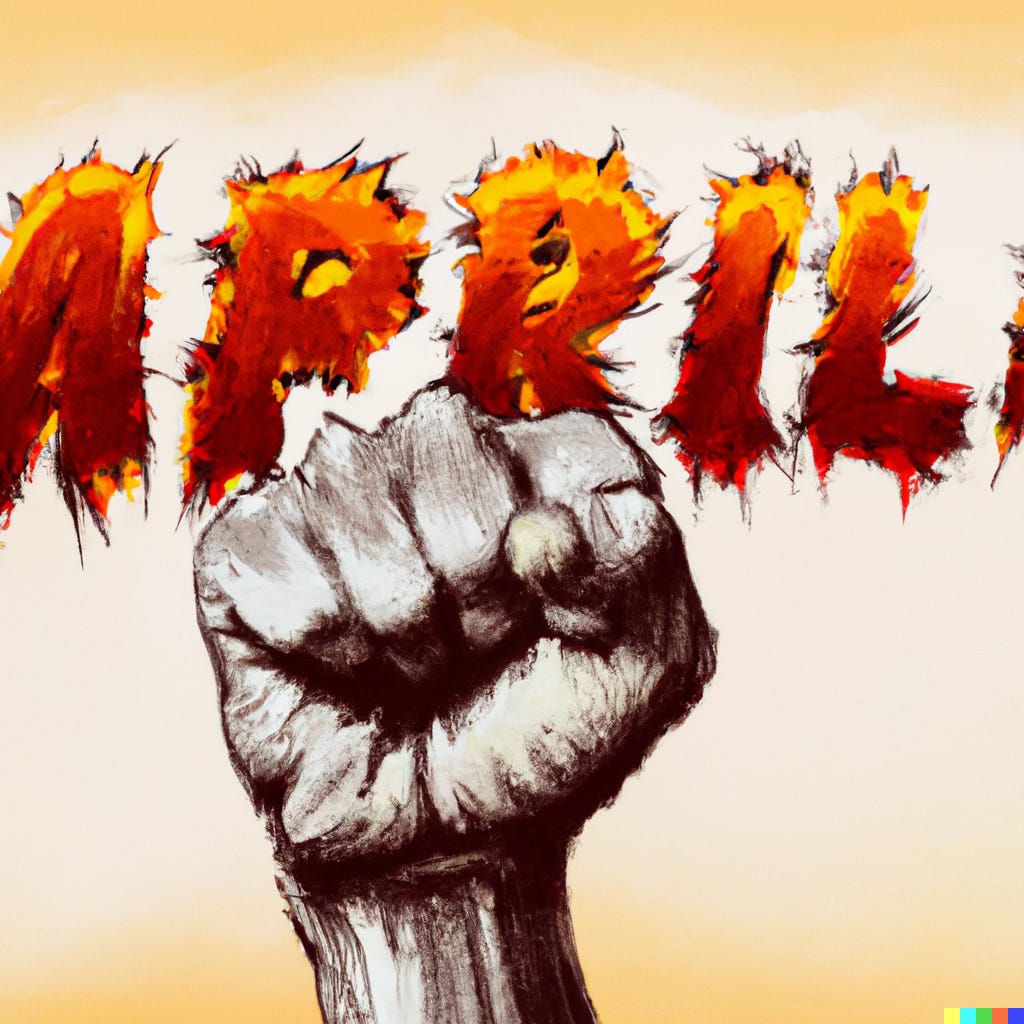Ford Maddox Ford, T. S. Eliot, and Ezra Pound lit a controlled burn on the fields of poetic culture. Free verse would grow, thrive, and dominate on the fertile ground they cleared. It was the dawn of Modernism. Their activities, these poets said, were just the wheel coming round again: Dryden had done the same, Wordsworth had done the same. Every living poetic tradition eventually ossifies into something ugly: insular poets feeding only on each others’ work, increasingly arcane and artificial poetic styles, which to the common reader read as sludgy, borderline nonsense. The roots through which poetry might drink in the patterns of real human speech had died. To return to that reality: that was the common aim of earlier revolutions and the new Modernist poetry and the free verse it employed.
This defense of free verse, Timothy Steele demonstrates, is specious.1 True, poetic revolutionaries have, since Roman times, called for a change in idiom, and for a return to ordinary ways of speaking; but never before had this change in diction and in style been thought to require abandoning meter. Wordsworth railed against the poetry of his predecessors, but when unfiltered Nature smacked him in the face and moved his soul to write, he rhapsodized in the same iambic rhythms that English poets had been using since Chaucer. Whatever Wordsworth thought poetry had been doing wrong, writing in meter was not it.
So what was going on? Maybe Eliot and Pound were just dumb, and had misunderstood the (limited) precedent their predecessors had set. Or maybe they were dishonest:


